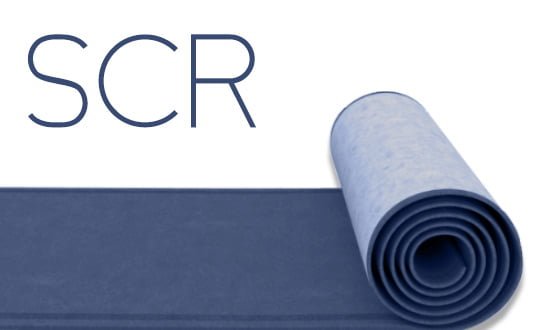The NHS Summary Care Record has reached the 50 million patient mark, with more than 30,000 record views now occurring each week.
The milestone is the latest demonstration of the SCR’s growing use, after it was initially bedevilled with criticisms about confidentiality and low viewing levels.
The Health and Social Care Information Centre announced last week that there are now 50 million people with an SCR created from their GP records, meaning that 90% of the population is now covered.
The record provides a core set of required clinical data, including allergies, medications and adverse reactions, pulled from GP systems, which can be viewed by health professionals involved in a patient’s care.
In July 2013, it was expanded to include patients’ end-of-life care information, immunisations, and significant past problems and procedures.
Richard Jefferson, NHS England’s head of business systems, told EHI News the milestone is a demonstration of the “significant benefits” that the SCR is delivering to clinicians and patients across the country.
“The fact that over 50 million records are now available means it should be business as usual for clinicians to have access and utilise this critical source of care information.”
Jefferson said there has been a rapid growth in viewing levels across urgent care settings in the last year, with over 30,000 views a week.
“With both CQC and Monitor identifying the sharing of care information as expected best practice, we expect this positive trend to continue.”
The HSCIC said the SCR programme will be working with GP systems suppliers in 2015 to expand the capabilities of the record.
“With the volume of records, regulatory expectation and increased demand from the NHS, it has been recognised by users that even greater benefit would be derived from an enriched SCR, especially for patients with complex health needs.”
The SCR was one of the key projects of the National Programme for IT in the NHS. It was intended to create the 'national' element of an integrated care records service that was otherwise to be delivered by the roll-out of detailed care record systems at trusts.
However, the SCR was held up for years by rows about consent and confidentiality. Privacy campaigners and medical groups argued that patients were not sufficiently informed about the creation of the first, national database of patient records, and that they should opt-in rather than out.
The SCR was eventually given the go-head by the present government on an opt-out basis, but usage rates were a concern during its early history.
Figures released in February 2013 revealed that while there were more than 22m records in existence at the time, they had been viewed just 240,000 times – leading to calls for the programme to be scrapped.
GP practices are required to provide an automated upload of their summary information to the SCR, or have published plans in place to achieve this, by the end of March this year.
The new GP contract also requires GPs to give patients online access to the information that is held in the SCR by this date.
Read Joe McDonald's call for a Summary Care Record app to make the SCR truly useful in this week's Insight.

